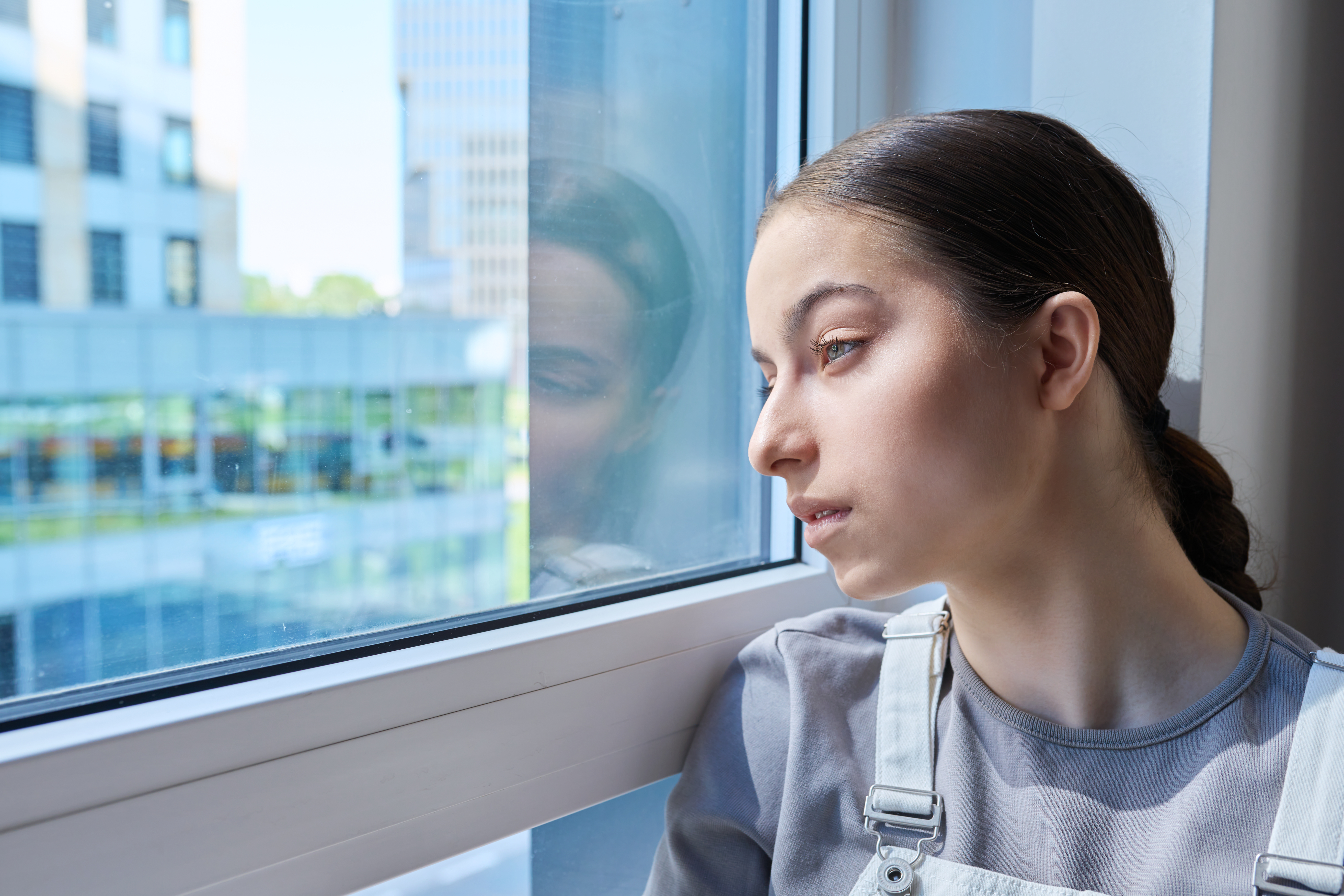20 Unmistakable Signs Your Teen Might Be Experimenting with Drugs
15. Changes in Eating Habits and Appetite

Drug experimentation can significantly impact a teen's metabolism and appetite, leading to noticeable changes in their eating habits. Some drugs (stimulants like amphetamines) can cause a drastic loss of appetite and significant weight loss, leading to a gaunt appearance. Others (like marijuana) can trigger intense hunger or "munchies." Conversely, the general disruption to routines and physical health from drug use can lead to irregular eating or a complete disinterest in food, contributing to unhealthy weight fluctuations and nutritional deficiencies.
16. Becoming Hyperactive, Agitated, or Restless

While some drugs cause lethargy, others lead to unusual hyperactivity, agitation, or restlessness. Your teen might seem unable to sit still, constantly fidgeting, talking rapidly, or having difficulty focusing on one task. They may become easily agitated, irritable, or even aggressive, especially if they are coming down from a stimulant or experiencing withdrawal. This heightened state of arousal is often a direct neurological effect of certain substances, making their behavior seem erratic and out of character.
